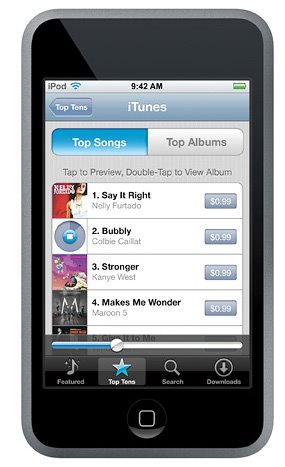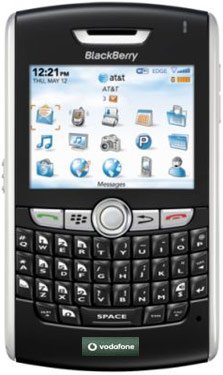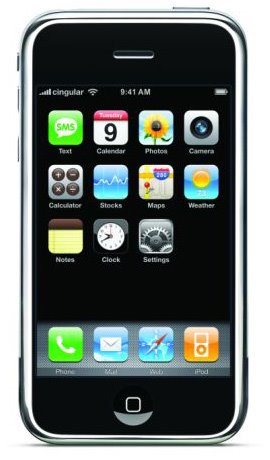The big 3 continue to scrap it out for consumers money, Sony's Playstation 3, Microsoft's Xbox 360 and Nintendo's Wii were top of many people Christmas list. Each one has its own unique selling point that the manufacturers hope will bring in the big money.
The PS3 is a revolutionary product that Sony believes will not be bettered for at least 10 years. This is a bold claim but it is easy to see why they make such a claim. The PS3 is far more advanced than its competitors and as a package can be more beneficial than the other consoles. Its internet facilities need no extra wires unlike the Xbox 360 which requires Ethernet cables to go online. The drawback? Its L300-L350 price tag.
The Xbox 360 bases its offering on its stunning graphics that beats the others hands down. Microsoft put a considerable amount of work into the 360 and it has clearly paid dividends. It also sold nearly 7.8 million consoles which doubled the amount of Playstation 3 sold.
However, the winner of the console war without doubt was Nintendo Wii. With over 10 million consoles sold in 2008, its new generation way of gaming definitely struck the right note with gamers. It is also cheaper than both the PS3 and Xbox 360 so finding a cheap Nintendo Wii deal is most certainly a possibility when you shop online.
Tuesday, March 10, 2009
Sony vs. Nintendo vs. Microsoft
Sunday, February 22, 2009
Six Real Gadgets Minority Report Predicted Correctly
The future-predicting technology that drives the premise of the sci-fi blockbuster Minority Report is silly at best. And when the film hit theaters in 2002, the gadgets seemed pretty unrealistic, too. But eerily enough the slew of dreamed-up gizmos showed off throughout John Anderton's daring escape are hardening into reality.
No, our government hasn't yet imprisoned a group of nude psychics to combat crime. But some of the latest over-the-top gadgets are making director Steven Spielberg and writer Philip Dick appear to be fortunetellers themselves — of the technology world, at least. Here's a list of some disturbing, or just plain cool tech teased in the movie that'll be hitting home in one form or another.
Gesture-based Computer Interfaces
Flexible Displays
Spielberg and Dick clearly aren't optimistic about the future of print, because in Report the medium is entirely replaced with thin, flexible electronic displays. Even better, the displays automatically update with the latest news articles, presumably from futuristic RSS feeds. Thanks to the United States' tendency to dump billions of dollars into military funding, we'll see a gadget just like that in about three years. Composed of specialty polymer and thin stainless-steel substrates, the screens will display characters with the electrophoretic ink (E-Ink) technology seen on today's e-book readers (e.g., the Amazon Kindle). Hopefully by then E-Ink will achieve color.
3-D Holograms
Identity-Detecting Advertisement Cameras
Robot Scouts
You would think the police in Report go a bit too far when they deploy creepy, crawly spiderbots to chase down Anderton. But there's no limit line for the U.S. military, which has a pretty similar idea: Robot teams that hunt down culprits, according to a story in The Register. The "Multi-Robot Support System" will consist of software and sensors to detect human presence indoors. A human operator will be able to control a team of three to five robots that will weigh up to 220 pounds each. Hum. that's actually a lot more terrifying than the scout bots in Report.
We couldn't find a picture of the Pentagon's robot scouts for the simple reason that they don't exist yet. So, until they do, you'll have to pretend the goofy, costumed nerds above are actually a small swarm of terrifying, human-hunting automatons.
Predicting Mistakes
We're nowhere near figuring out how to see into the future, but neuroscientists are devising a method to predict mistakes. The Proceedings of the National Academy of Sciences published a study where researchers recorded neurological patterns preceding careless errors. This could lead to a biofeedback system that helps us catch mistakes before making them. That's certainly more civil than throwing a group of test subjects into a tub and plugging them in.












